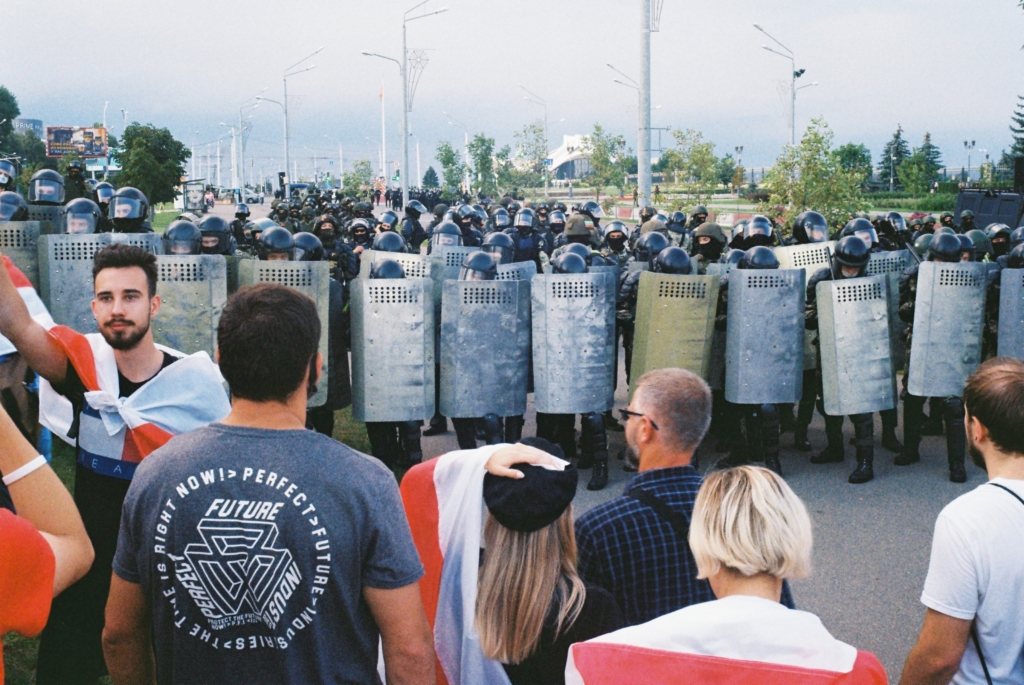Belarusian scholars are being restricted and repressed even more than before. Calls for solidarity from their student representatives remain unanswered by Lund University.
Belarus is witnessing an unprecedented level of civil unrest following a contested election result. Protests have been dragging on for twelve weeks and show no signs of stopping, now one hundred days after Lukashenko’s controversial re-election. A large portion of protestors are students, reminiscent of the mass strikes that swept Central and Eastern Europe in the 1990s. The scale of these protests against an “authoritarian” regime that has seemingly “run out of steam” are unprecedented in Belarusian history, according to Per Rudling, Associate Professor at the Department of History here at Lund University (LU).
Several universities across Europe, Lund University among them, have received calls to support circulating open letters and petitions in support of Belarusian students and scholars. Last week, Lundagård published a debate piece entitled “Show solidarity with the students in Belarus” concerning the plight of students at the Minsk State Language University (MSLU). The piece’s authors underlined the urgent need for Swedish universities to take a stand “with [a] student movement under alarming repression”. Södertörn University’s Centre for Baltic and East European Studies has released a statement in solidarity with their Belarusian colleagues, while Lund University has not.
Lundagård has been in contact with LU for comment and their position on the matter: LU is waiting on the position of SUHF—the Association of Swedish Higher Education Institutions (Sveriges universitets- och högskoleförbund in Swedish). This is almost two months after pleas from Belarusian academia. Lund University does not “have any appointed responsible person within the university management for this issue” as they are waiting for SUHF’s response—according to Susanne Kristensson, the University’s Head of Administration.
Per Rudling explains that life for Belarusian students and academics alike was not easy before the current unrest. They did not and still do not have the freedoms as the ones we are used to in Sweden; their system is essentially a “retrograde” relic from Soviet times, according to Per Rudling. “Yesterday’s […] top-heavy” structures all stifle any sort of academic freedom, forcing any critics to work in exile or stay clear of “official networks” to disseminate their anti-establishment views. But through open letters that underline “universal values”, progress can be made, says Per Rudling.
On 26 November, SUHF will decide whether they will release an official statement to support Belarus’ persecuted scholars.









